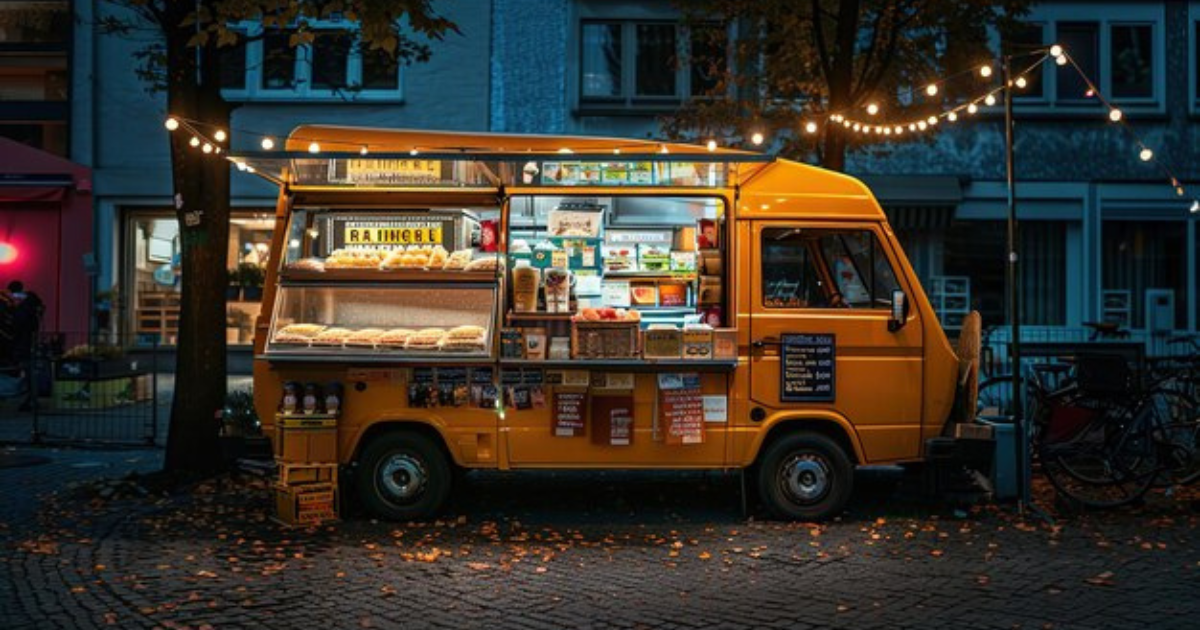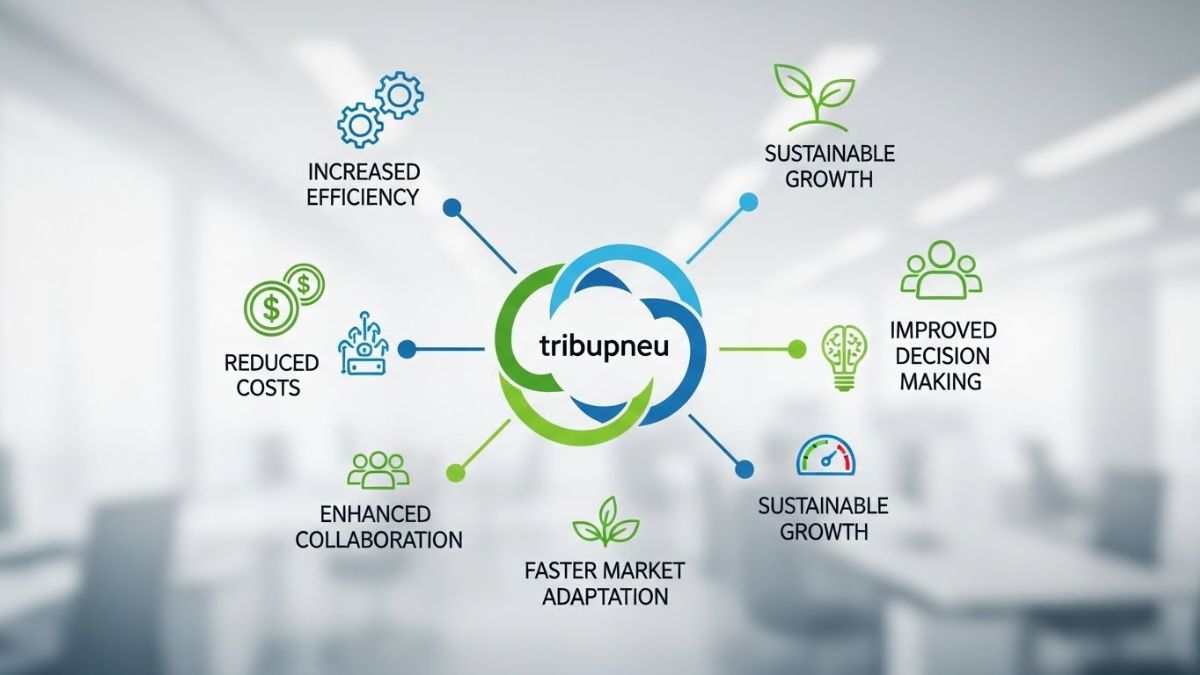The food industry has evolved rapidly in recent years, with one of the most notable trends being the rise of small food trailers. These mobile food units have become a popular business model, offering entrepreneurs an affordable way to start a culinary venture without the hefty expenses of a brick-and-mortar restaurant. But why are small food trailers so appealing? Let’s dive into the world of small food trailers, exploring their benefits, costs, and how to launch a successful food trailer business.
Affordability: A Low-Cost Entry into the Food Industry
Opening a traditional restaurant can require a significant investment, often reaching hundreds of thousands of dollars. In contrast, a small food trailer offers a more affordable alternative. The initial costs, which include purchasing the trailer, equipment, and licenses, can be a fraction of what it would cost to open a full-scale restaurant. This lower financial barrier makes it easier for aspiring chefs and entrepreneurs to enter the food industry.
Mobility: Taking Your Business to the Customers
One of the primary advantages of a small food trailer is its mobility. You are not restricted to a single location, allowing you to move to different spots and reach new customers daily. This flexibility means that you can set up shop at festivals, street fairs, events, and even outside office buildings during lunch hours. The ability to adapt your location based on demand is a huge benefit, especially when trying to maximize profits during busy periods.
Customization: Creating a Unique Brand
A small food trailer allows for endless customization. Entrepreneurs can tailor their trailer’s design to match their brand identity, whether it’s a quirky, colorful setup or a sleek, modern design. The trailer itself becomes a marketing tool, attracting customers with its unique appearance. Furthermore, the menu can be tailored to fit niche markets, offering specialized cuisine that differentiates you from the competition.
Flexibility in Menu Offerings
Small food trailers provide flexibility not just in terms of location but also with the menu. You can experiment with different cuisines, rotate menu items based on seasons, and even test out new recipes without much hassle. This versatility allows you to adapt to changing trends in the food industry and cater to diverse customer preferences. If one item doesn’t work, you can easily replace it with another, keeping your offerings fresh and exciting.
Minimal Overheads and Staff Costs
Compared to a traditional restaurant, operating a small food trailer typically involves lower overheads. Since you’re working out of a compact space, rent and utilities are not significant concerns. Additionally, you won’t need a large team to run the operation, meaning lower payroll expenses. Many food trailer businesses are run by a small crew, or even just the owner and one helper. This streamlined model allows for better control over costs and higher profitability.
Navigating Local Regulations
While food trailers offer numerous benefits, it’s important to be aware of the regulations and permits required to operate one. Different cities and regions have their own set of health and safety standards, zoning laws, and vendor permits. As a food trailer owner, you’ll need to stay compliant with local regulations to avoid fines or potential shutdowns. It’s wise to research the legal requirements in your area and ensure that your trailer meets all necessary standards.
Marketing and Building a Loyal Customer Base
Marketing plays a crucial role in the success of any small food trailer. With the rise of social media, promoting your food trailer has never been easier or more affordable. By creating a strong online presence through Instagram, Facebook, and Twitter, you can attract new customers and keep regulars informed about your location and menu updates. Word-of-mouth marketing, especially through satisfied customers, can also help build a loyal following over time.
Choosing the Right Location for Maximum Profitability
The location of your small food trailer can make or break your business. Finding high-traffic areas, such as busy city centers, popular parks, or event venues, will increase your visibility and attract more customers. It’s also essential to research your target market to determine where your ideal customers are likely to be. Flexibility in location is a significant advantage, but knowing where to park is key to maximizing profits.
Catering and Events: Expanding Your Business
Aside from daily operations, small food trailers are also ideal for catering events such as weddings, corporate functions, and private parties. Offering catering services can significantly boost your income and expose your brand to a broader audience. Many customers enjoy the novelty of having a food trailer at their event, making it a unique selling point for your business.
Challenges of Running a Small Food Trailer
While running a small food trailer can be exciting and profitable, it’s not without its challenges. The limited space inside the trailer can make cooking and storing supplies difficult. Additionally, dealing with mechanical issues, such as engine troubles or kitchen equipment malfunctions, can disrupt your operations. Weather can also be a challenge, as rain, snow, or extreme heat can affect customer turnout.
Effective Time Management for Food Trailer Owners
Time management is crucial for any food trailer business. Since most operations are run by a small team, often just one or two people, efficiently managing tasks such as food prep, cooking, serving, and cleaning is essential. Planning the day, organizing supplies, and staying on top of customer orders are all part of ensuring smooth operations and keeping customers happy.
The Importance of Customer Service
Excellent customer service is the backbone of a successful small food trailer. Since you are in direct contact with your customers, providing friendly, fast, and attentive service is crucial. Building a positive reputation through word of mouth can be as important as your food offerings. People return not just for the food but for the overall experience, and great service keeps them coming back.
Health and Safety Standards
Maintaining high standards of cleanliness and food safety is essential for any food business. Small food trailers are subject to the same health regulations as traditional restaurants, so adhering to sanitation practices is non-negotiable. Regular inspections by health authorities can ensure that your trailer meets hygiene standards, and staying compliant can protect your business from legal issues.
Financial Planning and Budgeting for a Small Food Trailer
Running a successful small food trailer involves careful financial planning. Keeping track of expenses, budgeting for supplies, and ensuring that profits are reinvested in the business are critical. As the business grows, you may want to expand your trailer or invest in better equipment, so having a solid financial plan will help you scale effectively.
Conclusion
small food trailers offer an exciting and profitable opportunity for entrepreneurs looking to break into the food industry. With their lower startup costs, mobility, flexibility, and unique branding potential, they provide a great alternative to traditional restaurants. By carefully planning, adhering to regulations, and delivering excellent customer service, a small food trailer can thrive and grow into a successful business.
FAQs
How much does it cost to start a small food trailer business?
Starting a small food trailer business can cost anywhere from $20,000 to $100,000, depending on the trailer size, equipment, and local regulations.
What are the most profitable food items to sell from a food trailer?
Popular items include street foods like tacos, burgers, fries, sandwiches, and beverages. It’s best to choose items that are easy to prepare and have high demand.
Do I need special permits to operate a food trailer?
Yes, you’ll need vendor permits, health inspections, and possibly zoning permits depending on your location.
Can I run a food trailer year-round?
Yes, many food trailers operate year-round, but weather conditions can affect your sales, so it’s essential to plan for seasonal fluctuations.
How do I promote my small food trailer business?
Social media is a powerful tool for promoting your food trailer. You can also use flyers, partnerships with local businesses, and word-of-mouth recommendations.















